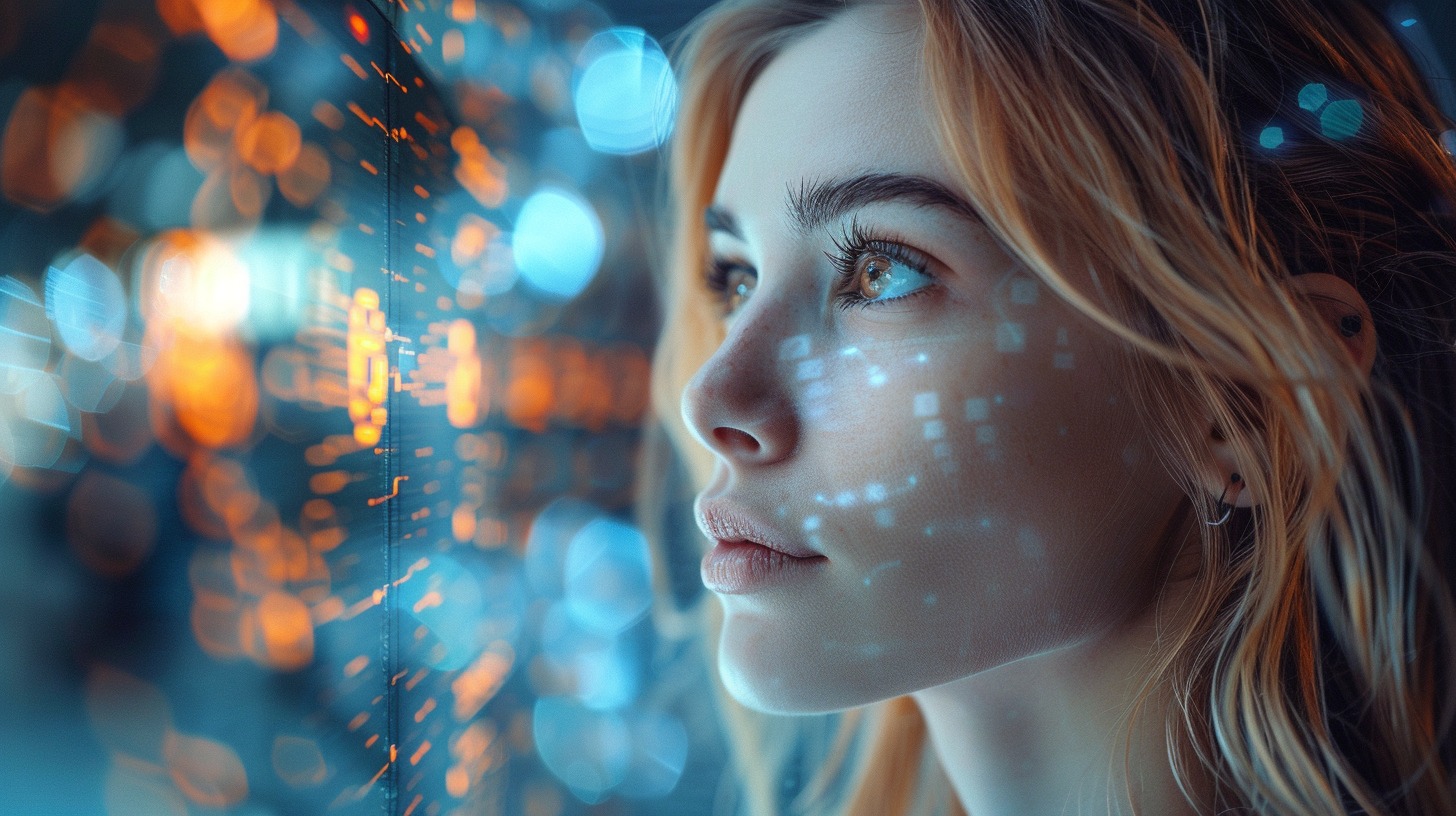
The pros and cons of AI-generated content
Machine creation of news texts using artificial intelligence technologies becomes one of the most successful kinds of business experience. So far these are only pilot field projects. However, the entrepreneurs plan to start commercial media robotisation, and today, this process has been started.
The understanding of the internal mechanisms of this process and methodology needs expert analysis. The intelligent system of any media robot like the paraphrasing tool rewrite or chatbot is the key factor in the processes of media production. Text content generation has become equally important. In this article, we would like to tell you about the strengths and weaknesses of the content that artificial intelligence generates on special platforms and applications.
Content generation: a new level of automatisation
News and any other AI for content generation poses as an intelligent system that is designed to automate a key phase in the content production process. What is content? That is a kind of social knowledge. And artificial intelligence reproduces some of the human cognitive functions accurately or inaccurately.
The intelligent system of any content AI is implemented through software. The cycle of functioning of the media robot as an intelligent system combines two stages, such as knowledge accumulation and content generation.
The use of intelligent systems to generate content has its benefits. Here are some of them.
- Content creation speed. Intelligent systems can generate content much faster than humans. This can be useful in situations where a large amount of content is required in a short period of time.
- High level of textual correctness. Advanced generators and intelligent systems always create content with a high degree of correctness. This means that they can maintain the same style, tone and grammar in all the content they create at a given moment.
- Automatised content creation. The use of intelligent systems and neural networks helps professionals automate the process of writing articles and lessons. That is useful in any field and contributes to saving time and human resources in the company.

However, these systems are not devoid of some weaknesses. Among them is a lack of creativity in the content they create. Artificial intelligence is always limited in its capacity for creativity and innovation. Most often, such platforms create predictable and standardised content. Unique creativity is realised only by human hands.
Ethical issues are important as well. The use of intelligent systems for content generation is associated with some problems, such as the undermining of authorship and the appearance of plagiarism. Experts advise professionals, students and enthusiasts to use artificial intelligence technologies with knowledge of ethical principles.
Intelligent systems of AI do not have realistic intellectual properties. Each is still an engineering incarnation with a large knowledge base. Today, the social functions of artificial intelligence are limited to the role of digital assistants. Their algorithms can just simulate human speech activity, but companies and particular experts use them in work processes successfully.
Conclusion
Robotisation of news content creation has become an objective trend in the development of media systems in the modern world. In this regard, artificial intelligence technologies have become important in robotic content production. This trend is growing in the context of widespread digitalisation. As a result, human and machine resources merge and artificial intelligence systems are reconstructed at a fundamental level.


